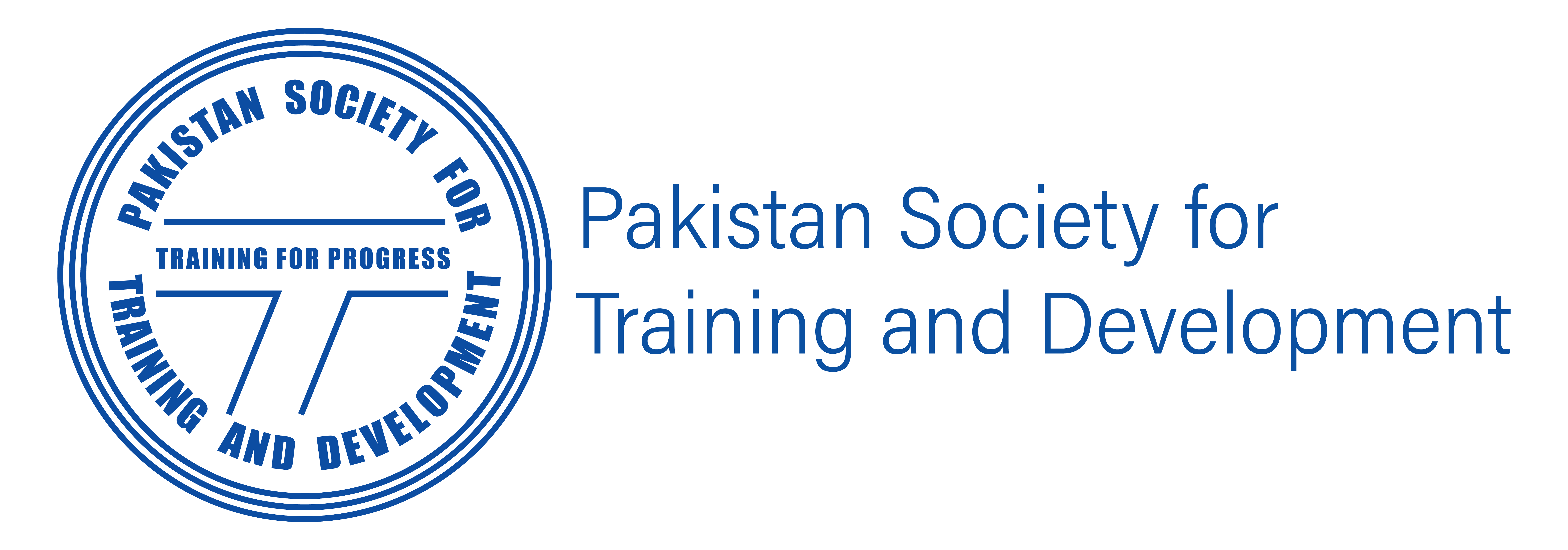TD’s Role in Achieving Better

by admin
Seth Godin knows how to capture an audience’s attention. During the Association for Talent Development’s Virtual Conference: Unleash Potential, the altMBA founder and bestselling author ditched traditional greetings and salutations and instead opened his keynote address with one word: “Yikes!” From there, he proceeded to describe the state of affairs for organizations in today’s climate.
“The organizations where we work have shifted from industrial organizations that everybody there knows what their job is and they do what they do to learning organizations that have to lead because business as usual is now unusual,” he said.
Those remarks helped set the stage for his talk “Right Here and Right Now: The Urgency of Creativity in Leadership and Development” in which he conveyed that the disruption that has hit the workplace presents an opportunity for talent development professionals to lead their organizations into the future. “Right here and right now, leadership and development, training—all of those things—those are our future,” he explained.
TD professionals already have what it takes to lead their companies to a better place, he contended. And his talk centered on principles that TD professionals should keep in mind while navigating through this era of unprecedented change.
Leadership vs. Management
“Leadership and management are not the same thing,” Godin stated and highlighted the differences between the two concepts. One key difference is that management is mandatory and leadership is voluntary. The industrialized world cannot function without management; and management aims to keep things “under control,” he explained. On the other hand, Godin stressed that leadership is about possibility.
He then called attention to some of the baggage associated with leadership and pointed out, “What it means to be a leader is to choose to do something that might not work.” He encouraged: “Ship creative work.” That is his marching order for those who want to help their organizations achieve better. Godin said, “If it doesn’t ship, it doesn’t count,” meaning you need to get your efforts off the ground. Shipping creative work, he explained, is a form of active leadership that can help TD professionals see what is possible.

Godin revisited his “ship creative work” concept during the Q&A that followed his address. He reminded listeners that they could explore the concept further in his book The Practice: Shipping Creative Work that is set for release early next month.
Godin likewise touched on impostor syndrome, noting that it, too, is bundled in the baggage that comes with leadership. He contended that impostor syndrome is good to have and encouraged attendees to view those feelings as a compass. “When you feel like you’re an impostor in service of others, it means that you’re doing the right work,” Godin added.
Learning vs. Education
Godin maintained that TD professionals are well positioned to help transform their workplaces into learning organizations. A learning organization, he said, is one that asks hard questions to which there are no answers and sees possibilities for better even when the world has seemingly turned upside down. However, many TD professionals have been in the business of education, not learning.
Education is compliance—“it is trading time and money for a certificate”—whereas learning, similar to leadership, is voluntary, he explained. To lead then is to ask and answer the right questions.
For example, Godin suggested attendees take a look at their organization’s meeting culture. While sitting in those Zoom meetings, hours at a time, questions they could ask include: Where did our meeting culture come from? Why aren’t they sending a memo instead? Who decided that it had to be synchronous as opposed to asynchronous? How do we know this is working?
“Meeting culture is an example of how a learning organization can evolve—it’s an opportunity,” Godin said. Though TD professionals may not manage meeting culture, hiring practices, or other aspects of the business, that should not hinder them from making a difference. Godin encouraged attendees to put fear aside and use this mass disruption to influence others and create cycles of possibility that can help move their companies to the next level.
Convincing Leadership
Following Godin’s keynote address, conference participants raised questions on everything from impostor syndrome to how they can help leadership better understand the value of a learning organization.
In addressing how TD professionals can convince leaders of the importance of embracing a learning culture, Godin said that the pandemic has, paradoxically, created two choices for organizations: Be resilient or fail. Since failure is not an option, he suggested selling resilience. Resilience, he said, comes from learning.
Recommended Posts

Self-Awareness – Metacognition: Fundamental Basis Of Emotional Intelligence & How To Cultivate It
December 8, 2020

Stories Prepare You to Act
October 29, 2020

Believe the Unthinkable Is Possible: A Q&A With Ben Nemtin
October 29, 2020

